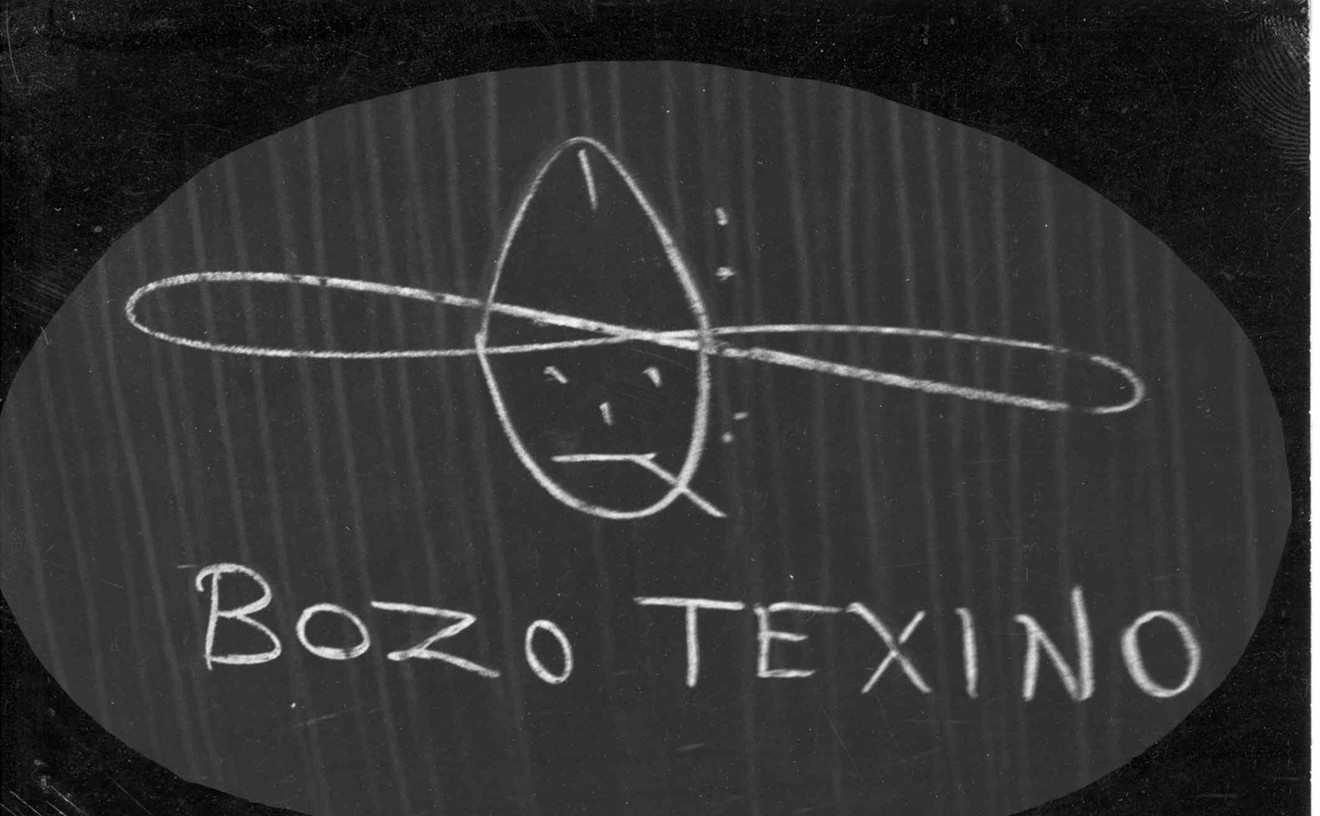The play opens with a young man singing "America the Beautiful." In a deliberate Our Town approach to Maple Grove, the characters sit on chairs arranged in a semicircle, then stand to enumerate statistics about their little town: There are twenty bars and more than thirty AA chapters among the population of 25,000, corn is the crop of choice, and people generally tolerate and like each other.
A series of vignettes follow. Two married women who have fallen in love with each other split up--one to protect her marriage, the other to leave town. Two older men, long-lost lovers, meet in a local bar--each looking for companionship. At a funeral for a 92-year-old woman, the young nephews and nieces of the deceased discover that dear old Aunt Emily was a lesbian. An old professor gives an anguished interview to a young reporter in which he wrestles with the scandal he caused when he took pictures of half-clothed young men (the ethics of the situation are muddled in this one, but the professor's self-control is a key issue).
Three gay women meet and discuss their lives lived half in and half out of the closet, when a fourth young woman arrives who takes life and love strictly on her own terms and teaches everyone something about self-determination. A man tells his wife of 25 years that he is bisexual--but that he always has been and remains faithful to her. And finally, a straight young man (Matt Miller) tenderly comforts a gay friend dying of leukemia (David Faust) with a compassion that at one recent performance moved most of the audience to tears.
Dunn's writing is witty or poignant by turns. He doesn't sentimentalize or romanticize, and he lets his characters reveal themselves in subtle, real ways. But the cast deserves much of the credit for the humanity that emerges in the show. Kevin Bartlett is stunningly sweet as the pastor, sophisticated as the long-lost lover and heartbreaking as a grieving father. Jean Sorich brings magnetic presence to each of her three roles. Judy Phelan-Hill makes all of her older women strong, funny and sensitive, while Denise Perry is naturally insightful and Ilka Omdahl elegant and self-assured.
Director Greg Ward's three performances are alternately tough, ironic and fragile. He brings as much to the roles as he does to the smooth movement, keen orchestration of cast talents and intelligent choices in emotional moods.
Through his simple little stories, playwright Dunn tries to show a variety of attitudes and dilemmas, and his success lies largely in his restraint. After that first unfortunate scene between pastor and parishioner, he refrains from "preaching to the choir." Instead, he shows us people in the act of living, making decisions based on a variety of criteria, not just on their sexual orientation, confronting their own inadequacies as well as their prejudices and struggling to be good to each other--a decent-minded approach which in itself is a departure from the vast majority of contemporary plays. Ferreting out the whole human being is so difficult that few playwrights even attempt it anymore; it's so much easier to quack P.C. platitudes than to search out how life really works.










